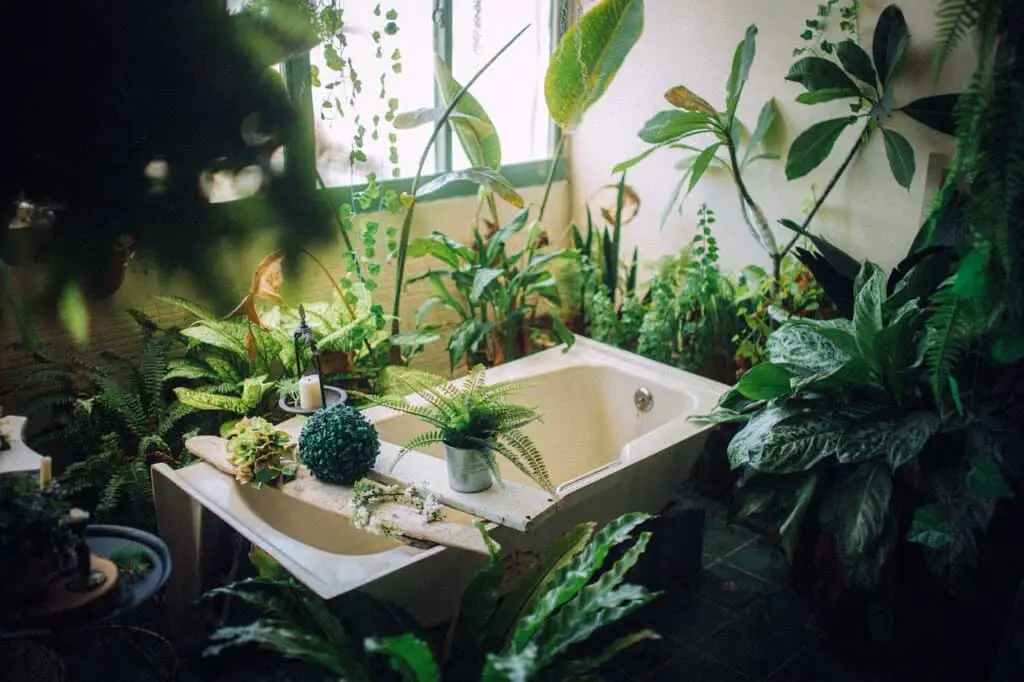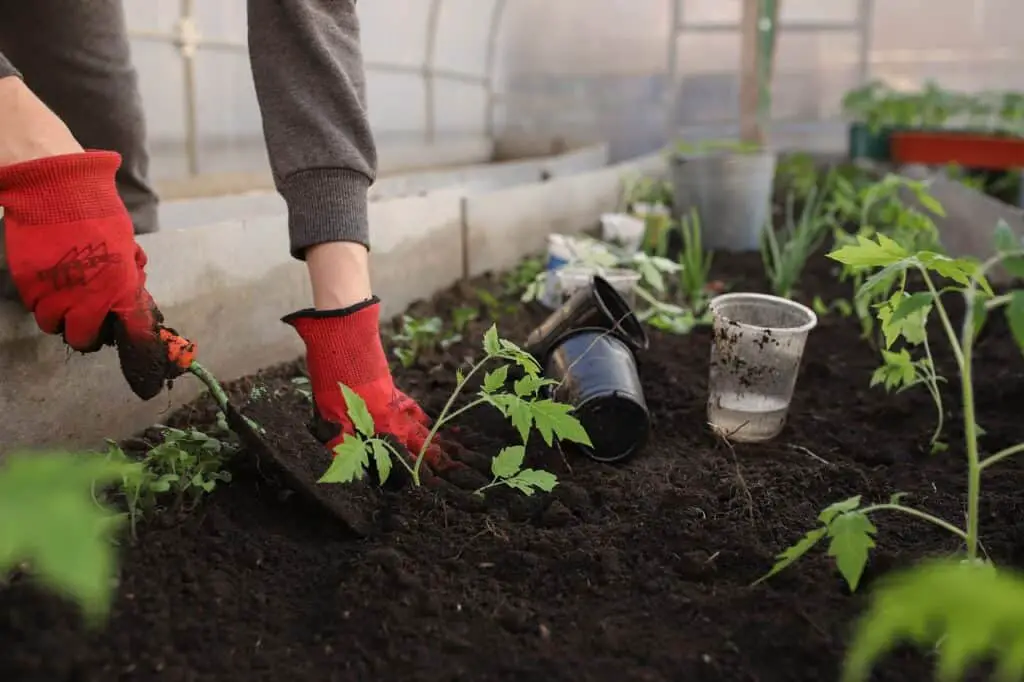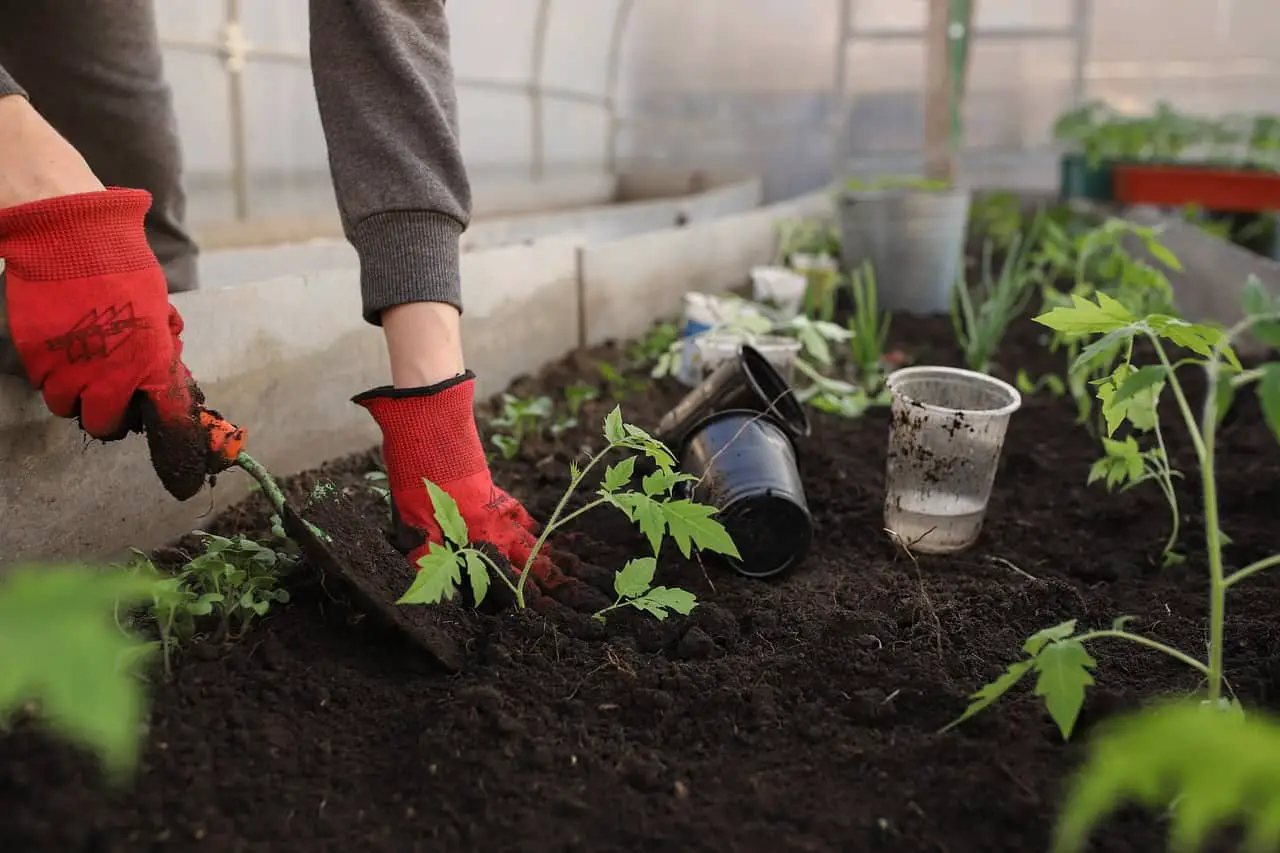Indoor plants, also known as houseplants, have become a popular choice for enhancing the ambiance of homes and workplaces. These green companions not only add a touch of nature but also offer a myriad of benefits. From improving air quality to reducing stress and boosting mood, indoor plants can transform any indoor space into a vibrant, refreshing environment.
For those seeking a colorful and fragrant addition, flowering plants like orchids, peace lilies, and violets can brighten up your indoor space with their vibrant blooms and pleasant scents. Caring for indoor plants involves providing them with the right amount of light, water, and nutrients. It’s essential to choose plants that suit your environment and lifestyle to ensure they flourish. Whether you’re looking for air-purifying, decorative, or low-maintenance options, indoor plants are a delightful way to bring a slice of the natural world into your daily life.

Plant Growing in Water Smells
Many indoor gardeners enjoy growing plants in water, a method known as hydroculture or hydroponics. While it’s a fascinating and low-maintenance way to nurture greenery, it can sometimes result in unpleasant odors. Here are some reasons why your water-grown plants might develop a smell and how to address it:
Bacterial Growth: Stagnant water and organic matter in hydroponic systems can create an ideal environment for bacterial growth. These bacteria release gases and compounds that contribute to the odor. To combat this, consider adding an air stone or regularly aerating the water to inhibit bacterial proliferation.
Root Decay: If your plant’s roots start to decay, they can emit a foul smell. This often happens when the roots are submerged in water for extended periods. To prevent root decay, ensure your plant’s roots receive adequate oxygen by providing air stones or periodically raising the water level to expose the roots to air.
Choosing the Right Water: The source of water used in your hydroponic system can impact the smell. Some water sources may contain impurities or minerals that result in odors. Consider using distilled or dechlorinated water to minimize unwanted smells.
My hydroponic plant’s water smells bad. What can I do to fix it?
If your hydroponic plant’s water has a foul smell, addressing the issue typically involves improving aeration, preventing root decay, and using the right type of water.
Plant Smells Like Rotten Eggs: How to Fix It
The scent of rotten eggs is a notorious and unpleasant odor. When your plant releases this smell, it’s usually a sign of hydrogen sulfide gas production, which is reminiscent of rotten eggs. Here’s how to deal with it:
Aerating the Water: Hydrogen sulfide gas often occurs in waterlogged or oxygen-deprived conditions. By enhancing the aeration in your hydroponic system, you can help prevent the production of this foul-smelling gas.
Checking for Root Health: Hydrogen sulfide gas can also result from decaying or stressed roots. Ensure your plant’s roots are healthy and not rotting. If you notice any root decay, trim the affected parts and promote aeration.
Changing the Water: In extreme cases, if your hydroponic system has a severe odor issue, consider changing the water completely. Use fresh, clean water to start anew.
My plant smells like rotten eggs. Is it dangerous?
The odor itself is not typically harmful, but it can signal underlying issues such as poor aeration, root decay, or waterlogged conditions, which may affect your plant’s health.
How to Stop Indoor Plants from Smelling
While water-grown plants have their unique odor challenges, indoor soil-based plants can also develop unpleasant smells. Here’s how to manage and prevent such odors:
Adequate Drainage: Ensure your plant pots have proper drainage holes to avoid water accumulation at the bottom. Stagnant water can lead to root rot and unpleasant odors.
Regular Soil Inspection: Periodically check the condition of your plant’s soil. Remove any decaying leaves or organic matter that can contribute to odors.
Proper Watering: Overwatering can create soggy soil conditions, leading to root rot and unpleasant smells. Water your indoor plants only when the top layer of soil is dry to the touch.
Why does my indoor plant have a bad smell?
Unpleasant odors in indoor plants can result from poor drainage, decaying organic matter, or overwatering. Regular maintenance and proper watering can help prevent such smells.

How to Make Flowers Smell Better
The fragrance of flowers can greatly enhance the ambiance of your indoor space. If you wish to make your flowers smell even better, consider the following tips:
Choosing Fragrant Flowers: When selecting flowers for your indoor garden, opt for varieties known for their pleasant scents, such as roses, lavender, or jasmine.
Proper Care: Providing the right amount of water, light, and nutrients can help flowers produce stronger and more fragrant scents. Be sure to follow specific care guidelines for your flower species.
Enhancing Aromas: You can amplify the scent of your flowers by using floral mists, essential oil diffusers, or simply placing the flowers in well-ventilated areas.
How can I make my indoor flowers smell better?
To enhance the scent of your indoor flowers, choose fragrant varieties, provide proper care, and consider using methods to amplify their aromas.
This article provides comprehensive guidance on addressing the issue of unpleasant odors in plant water and offers tips for making flowers smell better. If you have any specific preferences or further adjustments, please feel free to let me know.

